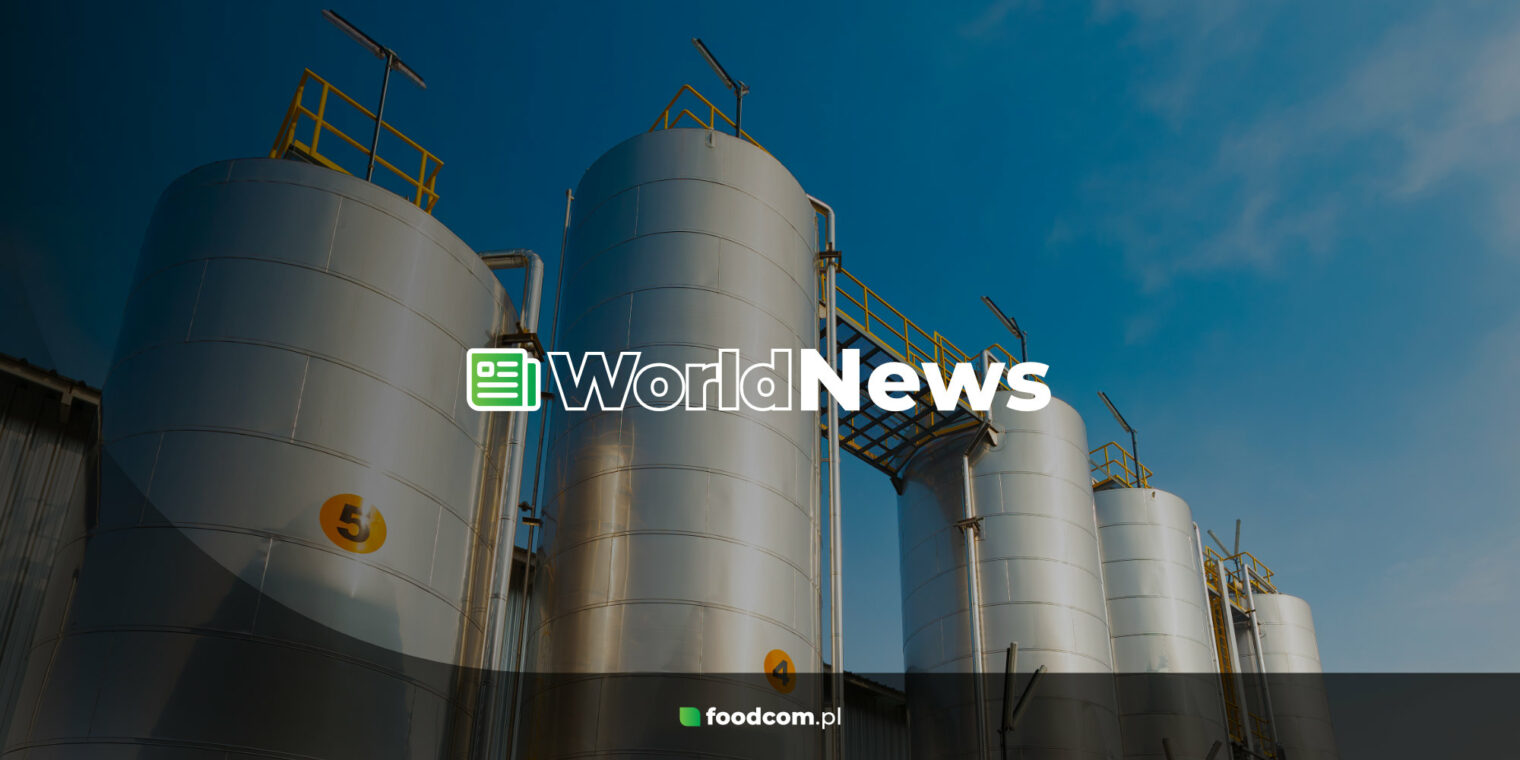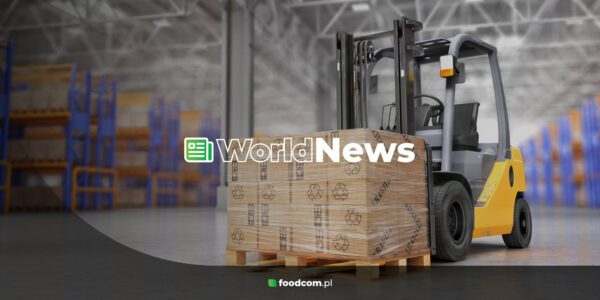- The huge container ship Dali caused the Francis Scott Key Bridge to collapse and paralyzed shipping traffic in the port of Baltimore.
- The accident caused major logistical challenges for fuel deliveries as trucks were forced to take longer routes.
- Colonial Pipeline took corrective action and adjusted the fuel delivery schedule to mitigate the disaster.
Baltimore Harbor disaster
In a catastrophic accident in Baltimore Harbor, the giant Singapore-flagged container ship Dali lost power and maneuverability before crashing into a pier of the Francis Scott Key Bridge, causing it to collapse. The accident, which occurred at 1:30 a.m., prompted an immediate closure of waterways and forced the temporary shutdown of the Port of Baltimore, one of the busiest on the U.S. East Coast. Federal safety officials said that minutes before the disaster, the ship’s pilot radioed for tug assistance and reported a loss of power.
Impact and remedial actions
The incident has caused delays and logistical challenges for fuel suppliers, as trucks must now travel longer distances to make their deliveries, significantly impacting the local fuel distribution network. In response to the disruption, Colonial Pipeline, a major fuel supplier in Baltimore, has made changes to accommodate the increased demand for refined product transportation. The company has issued an allocation notice for the Line 32 segment indicating a pro-rated schedule for fuel deliveries from April 9-16 to mitigate logistical challenges associated with the bridge collapse.








